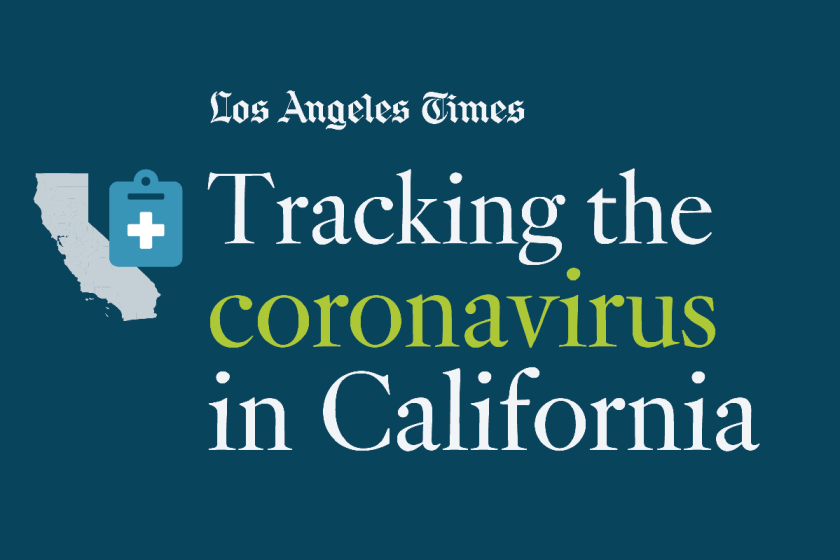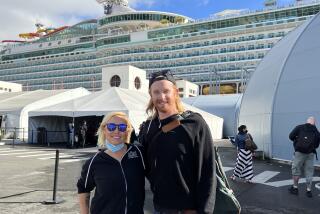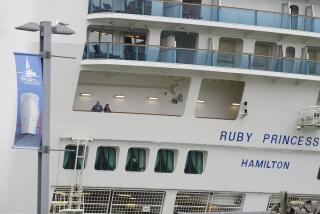‘We are being punished’: Some Californians from Grand Princess question quarantine
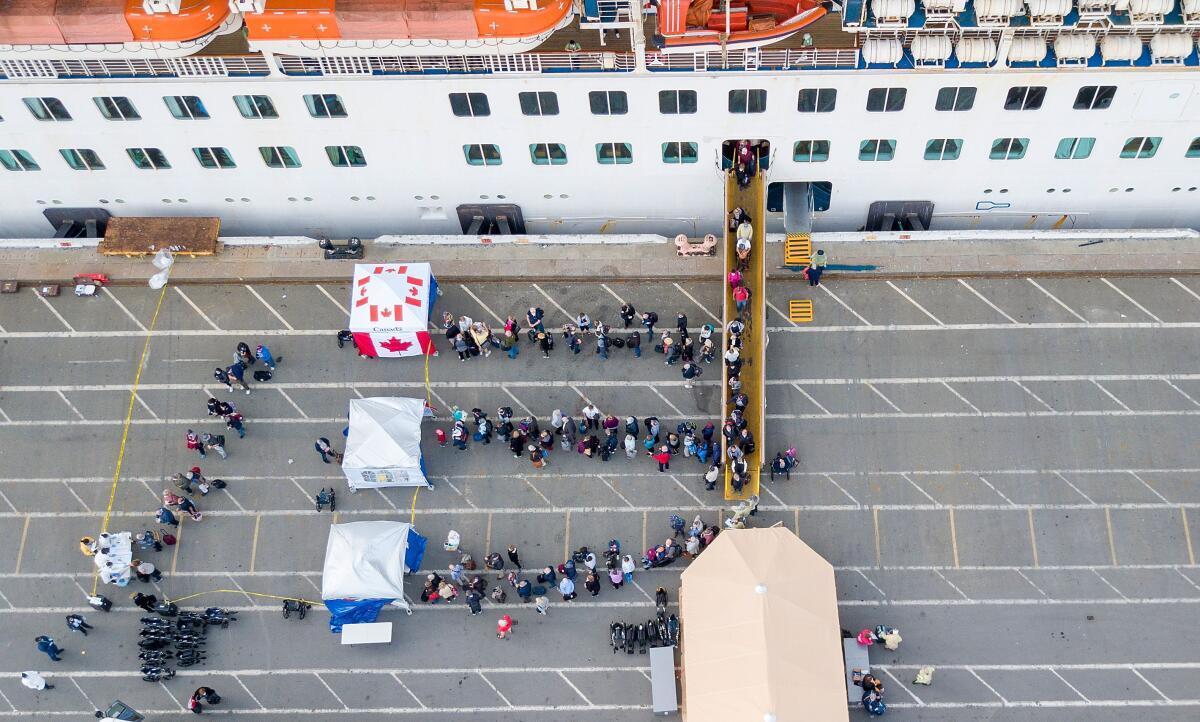
SACRAMENTO — With much of the state being asked to stay at home, questions are being raised about the forced quarantine imposed on hundreds of Californians from the Grand Princess cruise ship who continue to be held at military bases, even as passengers from other states are released.
“My feeling is a lot of it has to do with optics,” said Kate Gilbert, whose 82-year-old grandmother Hinda Gilbert is at Travis Air Force Base in Solano County.
Gov. Gavin Newsom has the ability to take over monitoring of Californians on the base, potentially allowing them to quarantine themselves at home, but his office hasn’t responded when asked.
“None of what’s happening really makes a lot of sense,” Kate Gilbert said.
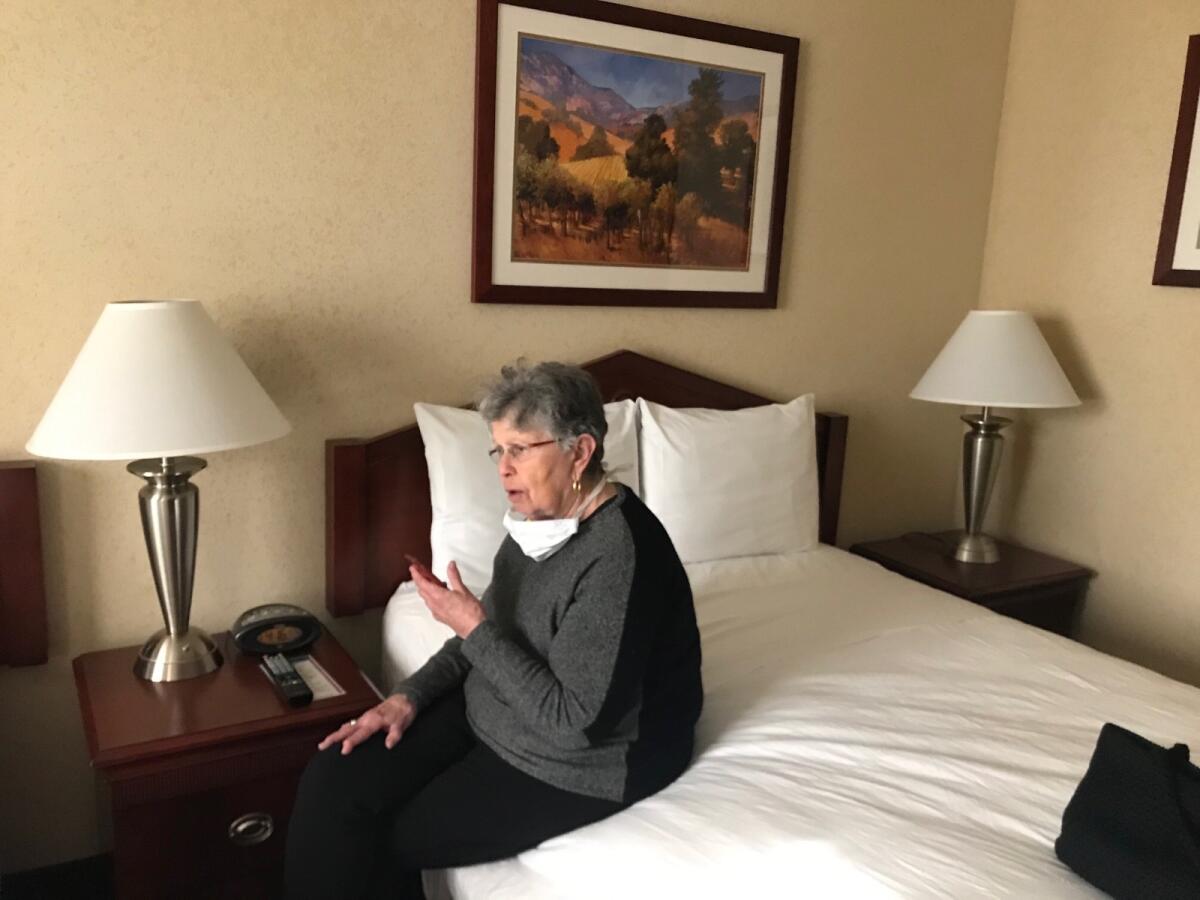
Since last week, about 900 California residents who were on the Grand Princess when an outbreak of the coronavirus was discovered have been held at Travis and Marine Corps Air Station Miramar in San Diego on a 14-day quarantine.
Former passengers say they have been told they could face a year in jail for breaking the quarantine, and guards patrol hastily constructed fences to ensure compliance.
But with much of the state being asked to minimize social contact — and some Grand Princess passengers from outside California allowed to return to their homes already — some California passengers and their families said the rigid confinement no longer makes sense.
They also say testing was slow to start and is not mandatory, adding uncertainty and potentially more time to their detention. Others are concerned they have been kept on the base under conditions some described as unsafe for their own health and say they could better protect themselves and others from potential exposure if they were subjected only to the stringent social distancing recommendations currently in effect for other residents of the state.
Many California counties, including those in and around San Francisco, have ordered residents to shelter in place, “so we won’t go anywhere anyway,” said a Bay Area mother who is quarantined with her two young daughters. She asked her name not be used for privacy reasons.
“Why keep us here?” she wondered. “It’s ridiculous.”
Though federal authorities are in charge of the quarantines, states are able to assume responsibility for health monitoring of their residents, allowing those people to return to their homes if the state allows it.
The latest maps and charts on the spread of COVID-19 in California.
Some states have assumed that responsibility and allowed residents to return to their homes for self-quarantine. Others are allowing residents to return as soon as they receive negative test results.
Georgia has allowed 31 residents who were on the ship to return to their homes, where the state department of health is monitoring them, a spokesman for the governor’s office said. In Wisconsin, Gov. Tony Evers used the Wisconsin National Guard to transport 29 state residents from military bases to their homes this week.
“These individuals have gone through a harrowing experience full of uncertainty and fear over the past several weeks,” Evers said in a statement. “But as I’ve said repeatedly, here in Wisconsin, we take care of one another.”
Most of the ship’s 1,100 crew members were also transferred to their home counties. About 350 remain on board, according to the cruise line, and will quarantine on the Grand Princess, which is moored near San Francisco.
So far, California residents at Travis said they have been offered no option other than the military quarantine.
Newsom’s office did not immediately respond to a request for information about the state’s handling of the Grand Princess passengers.
Some of those at Travis have complained that the quarantine itself has been risky because social distancing and protective measures taken by the general public in recent days haven’t been adhered to for the cruise ship passengers, putting them in danger of exposure.
Two coronavirus cases have been confirmed among passengers at Travis. Two other cases not related to the quarantine have been associated with the base, according to Rep. John Garamendi, whose district surrounds the base.
“My view is they never should have come to Travis in the first place,” said Garamendi (D-Walnut Grove). He believes those under quarantine should be allowed to leave.
“They should have been tested when they came off the ship in the first place and, if they were asymptomatic, quarantined at home,” Garamendi said.
Garamendi sent a letter to the Department of Health and Human Services last week with concerns over conditions at Travis, detailing problems with how food and beverages were being handled, a lack of supplies and questionable sanitary conditions.
Garamendi said that in the early days of the quarantine, no social distancing was practiced. Multiple quarantined people interviewed by The Times said those at Travis and Miramar have mingled without protections.
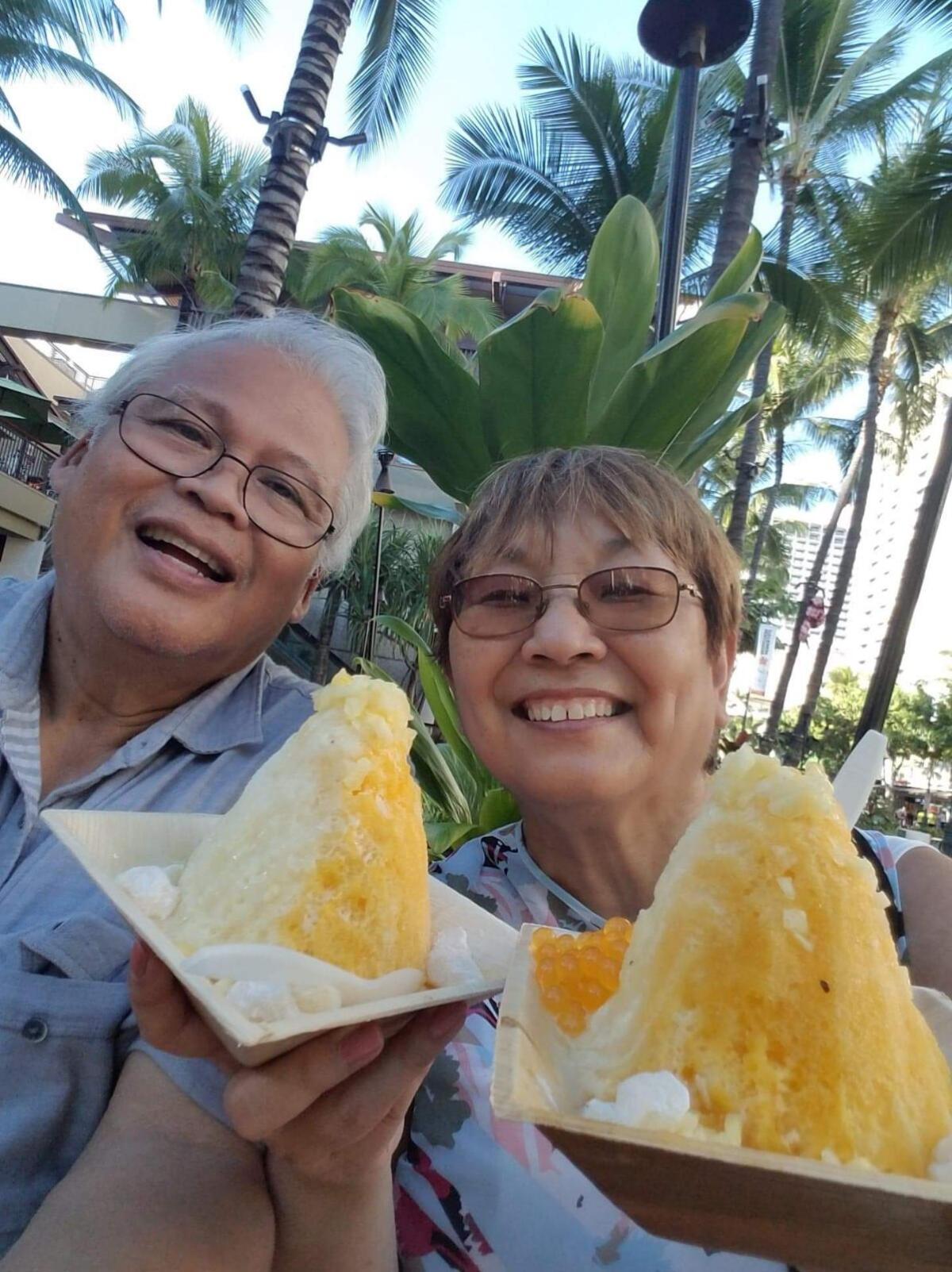
“The first several days we were put here, it was chaotic and not everyone was masking and following the guidelines, and they were cohorting downstairs with their masks off eating and talking,” said Beverly Paderes, a Modesto resident who is being held at Travis with her husband, Ricardo. “So that kind of negated anything.”
Hinda Gilbert said that was her experience as well, leaving her more afraid of contracting the coronavirus in quarantine than if she were at home in her San Francisco apartment.
Former passengers are also troubled that testing has been slow.
As of Tuesday, Gilbert said federal authorities told those in quarantine that about 30% of former passengers had been tested. But testing is not mandatory, and results are trickling in. Those at Travis and Miramar said they have been told they will be required to remain on the base until they receive negative results, or for an indefinite amount of time if they are found positive.
That has discouraged many from taking the test, fearful that they will be held longer than two weeks if the government doesn’t speed its pace.
Gilbert is one former passenger who declined testing.
“I felt that was risky because then we had no control,” said Gilbert, who was in quarantine for five days on the Grand Princess and at Travis for a week. The time spent in her cabin doesn’t count towards the 14-day quarantine, so Gilbert points out that the passengers will have gone through 19 days of isolation before they could be released.
Donna Kaletta, a San Jose resident who is at Travis with her sister and elderly father, said she wants the test because her husband has underlying health conditions, and she does not want to carry the virus back to him. He is in Santa Clara County, where serious social restrictions are in place.
She feels it’s a no-win situation.
“We are being punished,” Kaletta said. “To say it’s beyond frustrating is an understatement.”
Times staff writer Suhauna Hussain contributed to this report.
More to Read
Sign up for Essential California
The most important California stories and recommendations in your inbox every morning.
You may occasionally receive promotional content from the Los Angeles Times.
